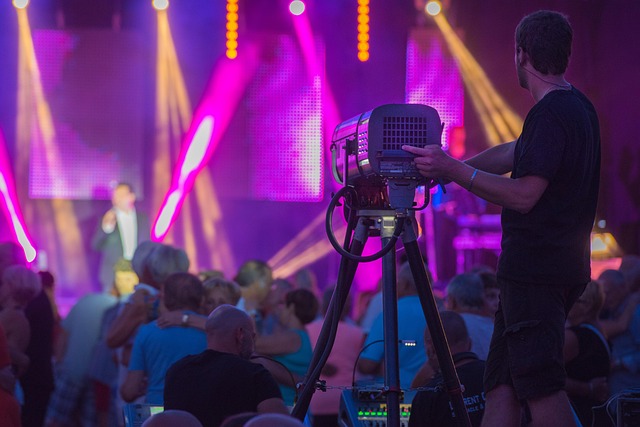The role of an artistic director in the theatre scene is akin to that of a maestro leading an orchestra, harmonizing various elements to create a breathtaking performance. As the visionary force behind theatrical productions, the artistic director shapes the narrative, guiding the selection of plays and the overall artistic vision that resonates with audiences. Their influence extends beyond theatre to echo throughout the broader entertainment industry, impacting festivals, concerts, and even cinema.
In an era marked by diverse forms of entertainment, the power of an artistic director becomes even more pronounced. They curate experiences that invite audiences into immersive worlds, making them feel connected. Their choice of plays reflects societal issues, emotions, and the zeitgeist, serving as a mirror to the world around us. Just as a concert brings together music lovers and a festival celebrates a multitude of artistic expressions, theatre, under the stewardship of an artistic director, can become a transformative and communal experience.
Take a moment to consider the impact of live performances at festivals. An artistic director has the incredible responsibility of programming a selection that not only showcases talent but also inspires and uplifts the audience. Each selection of theatre acts as a filter through which the broader cultural conversations are channeled. Whether it’s a poignant drama that ignites social discourse or a vibrant seasonal production that captivates families, the artistic director brings forth a desire to connect, reflect, and engage.
Moreover, the influence of an artistic director crosses borders and genres. The echo of their creative guidance reverberates beyond the theatre stage and into the realms of cinema and the music industry. When we think about blockbuster films or chart-topping albums, we see how strong artistic visions can shape public perceptions and experiences. An artistic director‘s capacity to blend narratives with compelling visuals has sharp parallels to how directors and producers craft cinematic experiences or musicians create memorable albums.
With the rise of streaming services and digital content, the theatre industry is continuously challenged to find its space in an increasingly saturated entertainment market. Here, the role of the artistic director is paramount in evolving and adapting stage productions that can captivate audiences both in-person and virtually. By innovating traditional formats with modern storytelling techniques—be it through interactive elements or multimedia approaches—an artistic director keeps theatre relevant and exciting.
The passion and dedication an artistic director brings to their craft are palpable. They immerse themselves in the artistic community, collaborating with playwrights, designers, and performers, cultivating a cohesive vision that sparks lasting emotional connections with the audience. Their work often reflects a holistic understanding of the performing arts, blending elements from the music industry to create a multifaceted experience that resonates across demographics, age groups, and tastes.
As we continue to navigate the evolving landscape of entertainment, the importance of an artistic director in theatre cannot be understated. They are the architects of creativity, driving the pulse of the stage while ensuring that the essence of performing arts remains vital and deeply felt in a world brimming with distractions. The theatrical stage, under their expertise, transforms into more than just a platform for performance; it becomes a dynamic hub of culture, connection, and emotional expression that speaks to the human experience in all its complexity.


